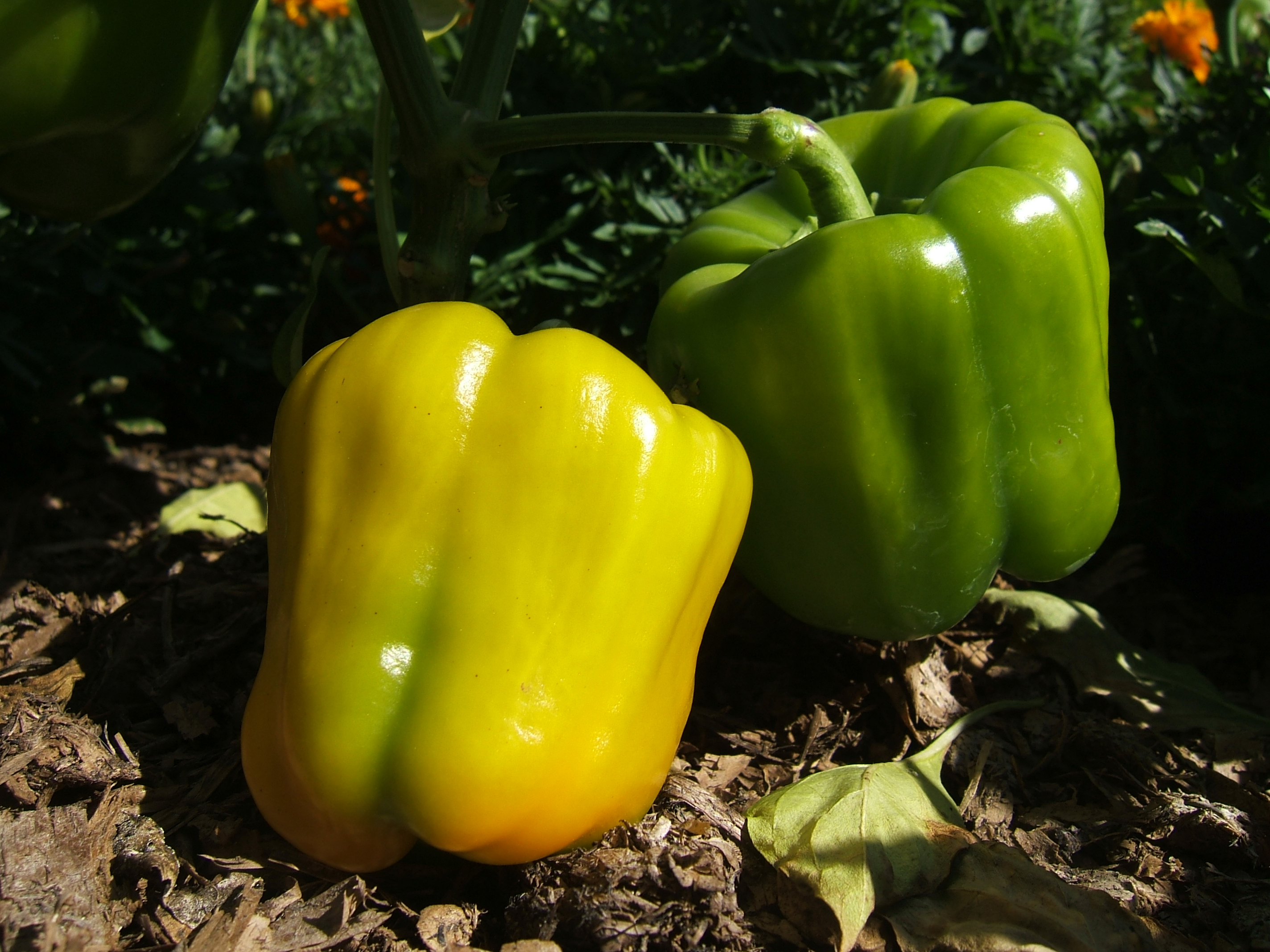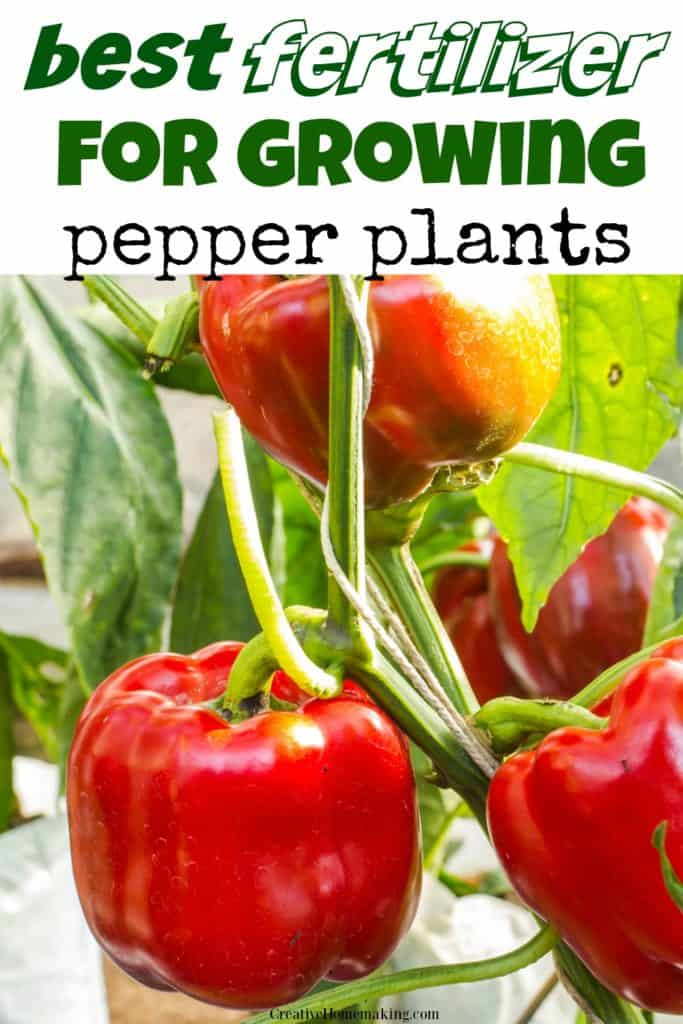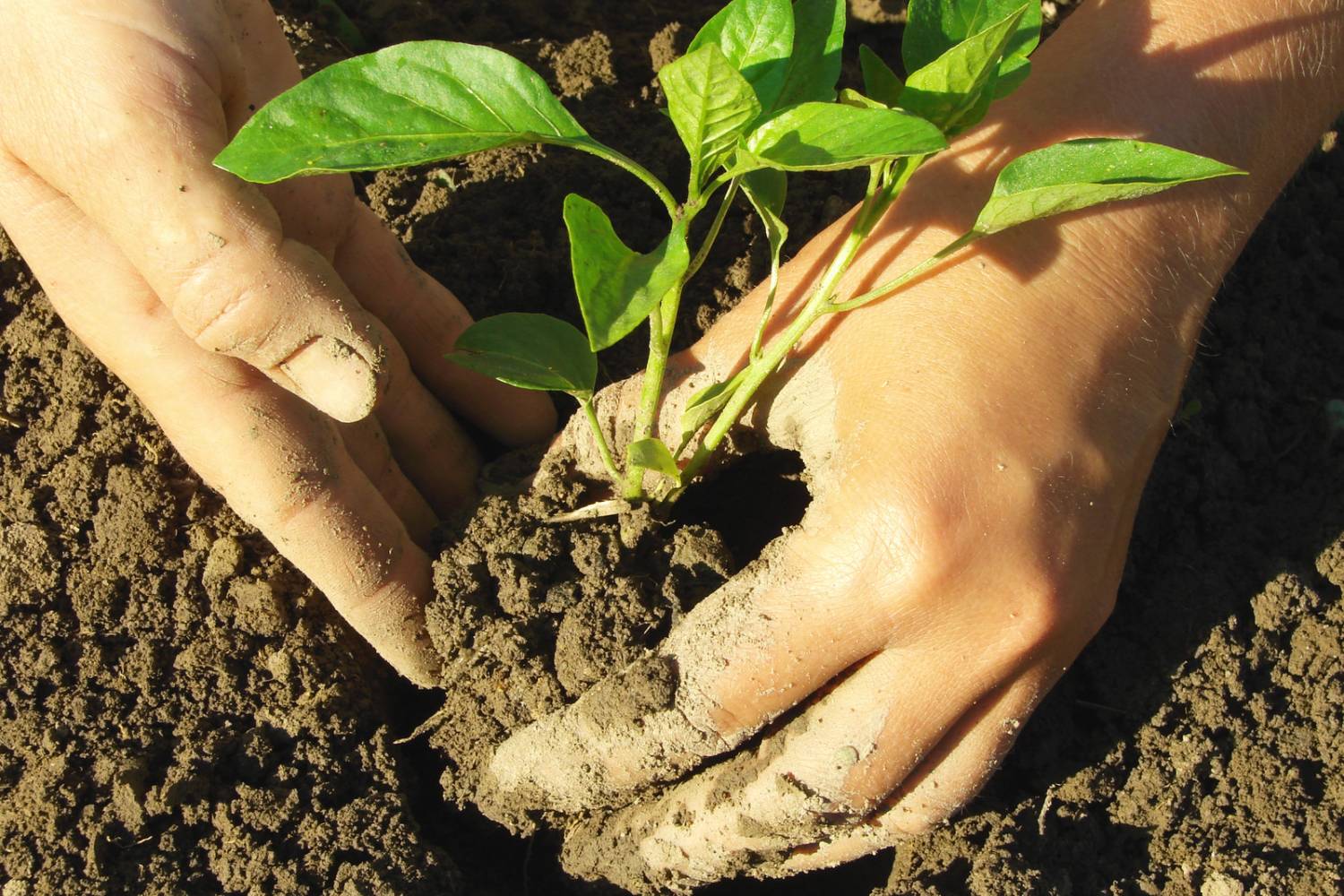Best Fertilizers for Peppers: A Comprehensive Guide to Boost Your Harvest
Best Fertilizers for Peppers: A Comprehensive Guide to Boost Your Harvest
Blog Article
Exactly How Plant Foods Play an Important Function in Growing Bountiful and healthy and balanced Pepper Crops
Plant foods offer as the foundation of effective pepper growing, providing a tactical method to nourishing the dirt and promoting ideal plant growth. The intricate dancing in between crucial nutrients and the pepper plants' physical processes emphasizes the essential role that plant foods play in making sure a bountiful harvest.
Importance of Nutrient-Rich Plant Foods
The application of nutrient-rich fertilizers plays a critical duty in boosting the productivity and high quality of pepper plants in modern-day agricultural techniques. Potassium, nitrogen, and phosphorus are primary nutrients that are important for the development and growth of pepper plants.
Poor levels of these nutrients can result in stunted development, lowered returns, and sensitivity to conditions (best fertilizers for peppers). Nutrient-rich plant foods provide a targeted service to guarantee that pepper plants get the needed components for optimum development and productivity. Furthermore, these fertilizers aid boost soil fertility in time, creating a lasting setting for long-lasting pepper growing
Enhancing Plant Growth and Growth
To maximize plant development and advancement in pepper crops, critical application of nutrient-rich plant foods is necessary. Fertilizers play an important role in boosting the total health and wellness and productivity of pepper plants by giving them with crucial nutrients that might be lacking in the dirt. Potassium, nitrogen, and phosphorus are main macronutrients required in huge quantities by peppers for durable development. Nitrogen aids in leafed eco-friendly growth and total plant vitality, phosphorus supports origin advancement and flower development, while potassium contributes to disease resistance and fruit top quality.
Along with these macronutrients, micronutrients such as magnesium, iron, and zinc are also vital for the proper functioning of different plant processes. Iron, for example, is essential for chlorophyll manufacturing, which is essential for photosynthesis and general plant growth. Zinc plays a critical function in enzyme activity and hormone synthesis, influencing plant growth and development at a cellular level. Magnesium is necessary for the formation of chlorophyll and general energy transfer within the plant.

Boosting Disease Resistance With Plant Foods
By strategically incorporating targeted fertilizers, farmers can bolster the condition resistance of pepper crops, ensuring optimum plant wellness and performance. Plant foods consisting of crucial nutrients like potassium, phosphorus, and nitrogen play a crucial duty in reinforcing pepper plants' immune systems, making them a lot more durable to various conditions.

Maximizing Pepper Return Via Fertilization
Making use of a balanced fertilization strategy is crucial to achieving optimum pepper yield and making certain ideal plant efficiency. By providing peppers with the best nutrients at the right time, farmers can dramatically enhance their return potential. Phosphorus, potassium, and nitrogen are important components for pepper growth, with nitrogen helping in fallen leave and stem development, phosphorus sustaining origin growth and blossom development, and potassium promoting general plant wellness.
To make best use of pepper return, it is vital to perform soil tests to establish existing nutrition degrees and recognize any deficiencies that need to be addressed. Based on these outcomes, farmers can create a tailored fertilization plan that fulfills the details needs of their pepper plants. In addition, proper fertilization methods such as split applications throughout Discover More Here the expanding period can ensure continuous nutrition accessibility for the plants.

Lasting Plant Food Practices for Peppers
In considering sustainable fertilizer methods for peppers, it is critical to focus on long-term dirt health and environmental stewardship together with optimizing plant productivity. Lasting plant food techniques intend to improve or maintain soil fertility while minimizing adverse environmental impacts. One key approach is the use of natural plant foods such as garden compost, manure, or cover crops, which not only offer vital nutrients to the peppers however likewise contribute to soil structure and microbial activity. These organic choices help build raw material in the dirt, improving its capability to keep water and nutrients, thus sustaining lasting plant health and wellness and resilience.
Furthermore, precision farming techniques, such this post as dirt testing and targeted nutrient applications, can aid enhance fertilizer usage, making sure that peppers receive the nutrients they need without excess drainage into rivers. This not only profits the atmosphere by reducing contamination but likewise saves costs for farmers by decreasing waste. By adopting lasting fertilizer methods, pepper growers can secure the health of their crops, dirt, and surrounding communities for future generations.
Verdict
In final thought, plant foods are vital for growing healthy and plentiful pepper plants. best fertilizers for peppers. They provide necessary nutrients for plant development and growth, boost illness resistance, and make the most of return. By implementing sustainable fertilizer techniques, farmers can ensure the long-lasting health of their pepper plants and add to a more environmentally-friendly and effective farming system
The intricate dance between crucial nutrients and the pepper plants' physical procedures underscores the critical function that plant foods play in making certain a bountiful harvest.To optimize plant growth and advancement in pepper plants, critical application of nutrient-rich plant foods is important. Fertilizers play a vital duty in enhancing the overall health and efficiency of pepper plants by offering them with necessary nutrients that might be doing not have in the soil.By tactically incorporating targeted fertilizers, farmers can bolster the disease resistance of pepper crops, ensuring optimal plant health and performance. Plant foods having that site important nutrients like potassium, nitrogen, and phosphorus play a critical duty in reinforcing pepper plants' immune systems, making them more resistant to numerous conditions.
Report this page